After receiving the inaugural Diane Rodriguez Teatrista Award in 2022, I wanted to sit down with two treasured colleagues of mine, Manny Prieto and Nijeul X. My relationship with them reminds me of the relationship I had with Diane Rodriguez. Both Manny and Nijeul met me as interns at Center Theatre Group, where I worked alongside Diane for over a decade. Inspired by the Latinx Theatre Commons’ key values of legacy and leadership cultivation, we gathered to discuss mentorship in a framework that honors our dear friend and colleague, Diane.
Diane was always in conversation with me. She had this innate wisdom and great guidance, but it was never top-down leadership. I would venture to say it was horizontal leadership in the way she opened doors, welcomed my ideas, and pushed me to the next phases of my career. I ground this conversation in some of Diane’s teachings, pulled from a keynote speech she gave for Latinx Theatre Alliance/Los Angeles.
Patricia Garza: I was awarded the first Diane Rodriguez Teatrista award, which was so thrilling. The relationship Diane and I had was very reciprocal in terms of always feeding one another and challenging one another and laughing together, but there was also a lot of learning from my end. Diane was always open to receiving as well. That's what I aspire to leadership style.
So, I thought of you two because of our long relationship together. You all came into my life as more of a mentor relationship, but I think it's really blossomed. You all are teaching me so much about life, so I wanted to make sure you all know that and that I have a lot to learn from you as you move through your own careers and I continue to watch and try to support you as best as I can.
I also want to anchor this in Diane's learnings. She gave a keynote where she shared three guideposts that she uses for life. First, she talks about compromise and challenges the artists in the room: when do we give up a little to get a lot? Or when do we not? I think Diane was very much an advocate for this idea that I may not get every win, but I can see the long term vision. Next, there’s the idea of playwrights getting feedback from “Concha down the street.” And she's like, "No girl, no. Who are your collaborators?” Your family and your friends are great, but they're always going to give you the positive.” Talented artists need drive and ambition, but they also need to be realistic and business savvy. They need realistic, true collaborators who are going to give them feedback. Finally, Diane shared the idea of subverting the rules, which means Not always accepting what's right in front of you whole cloth. It’s about asking how we can open windows, open doors, leave a crack for our friends to come in, and asking how we can be strategic with subverting rules. She did this so strategically at Center Theatre Group for twenty-four years. She also talked in that speech about knowing when to physically be in a space, and when to protect herself.
Which one of these resonates with you as artists, arts administrators, and movement leaders?

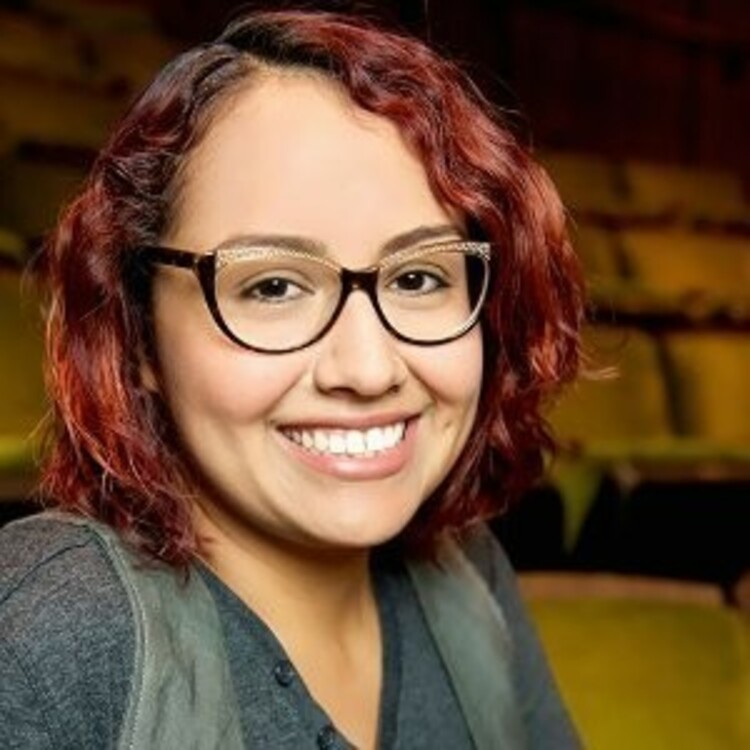
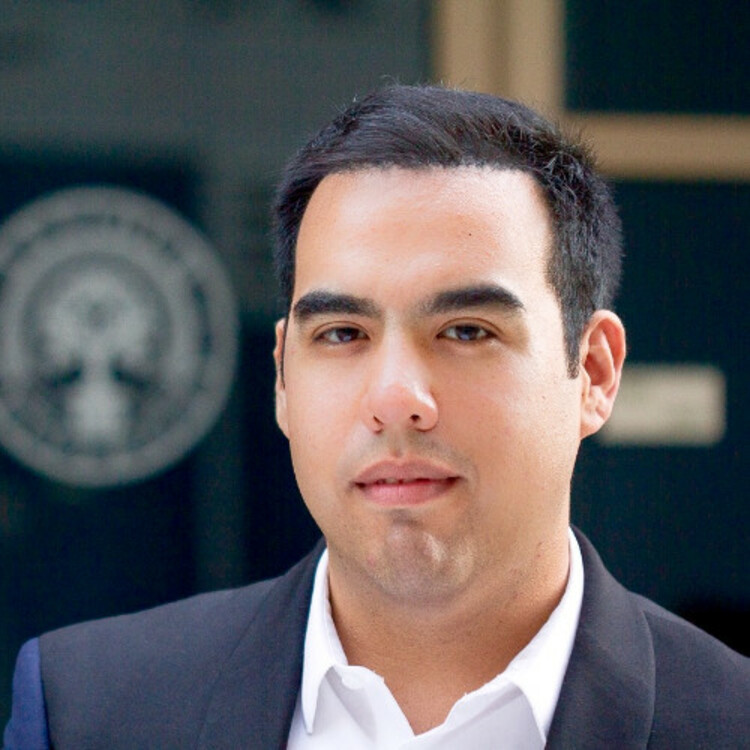
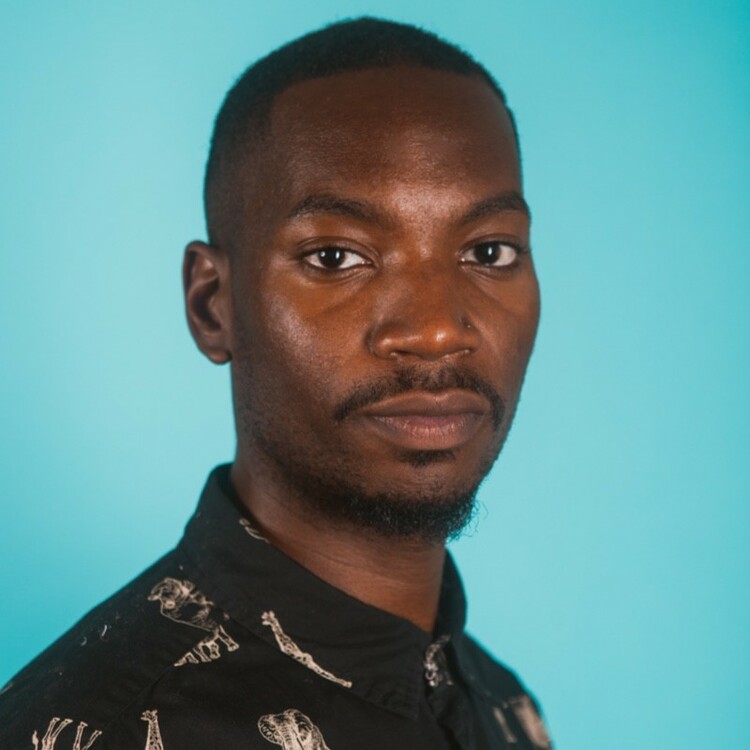
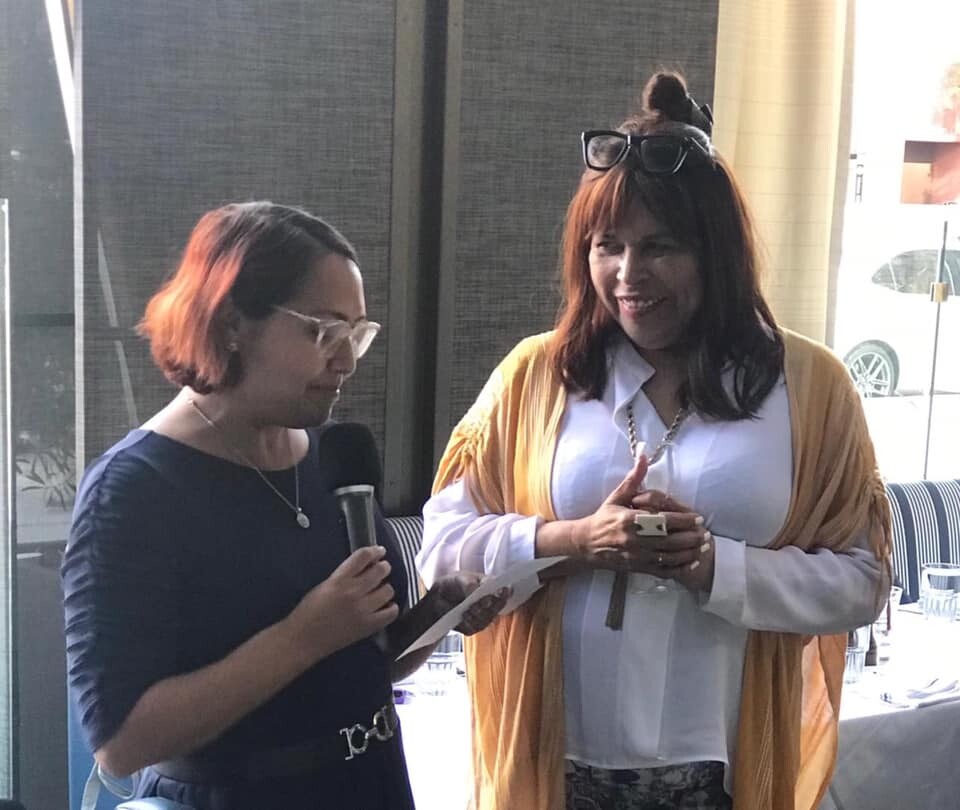
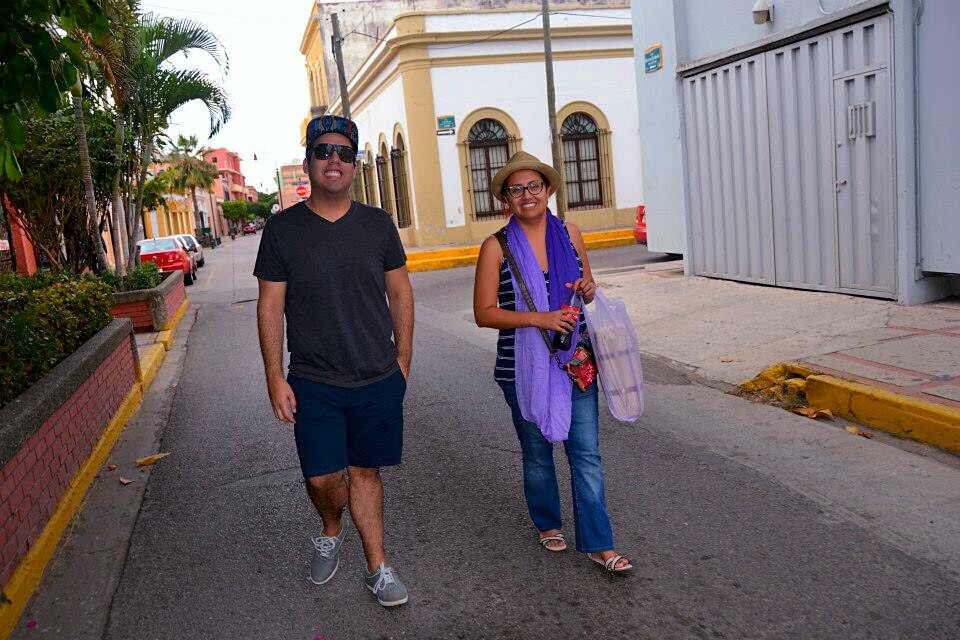
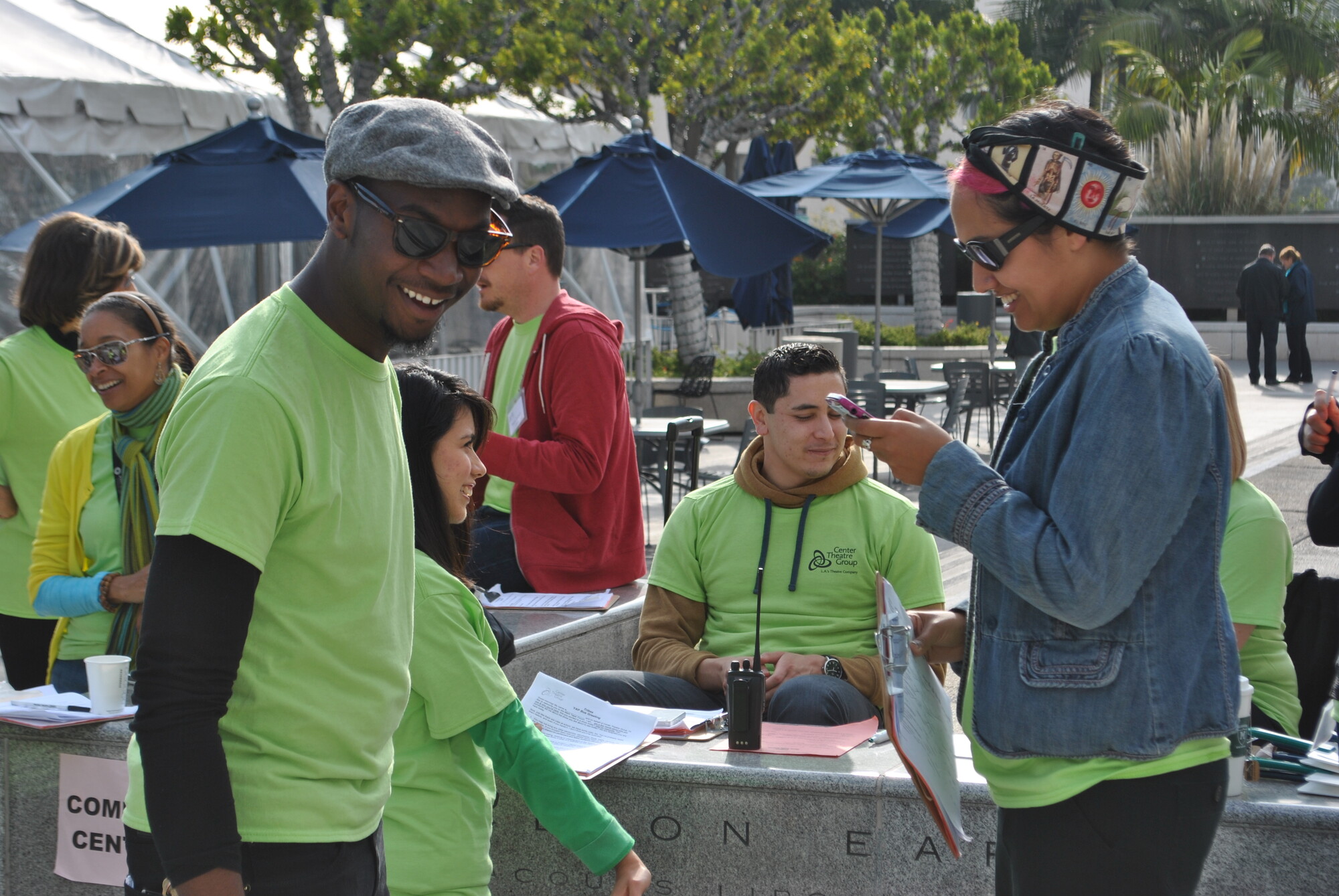
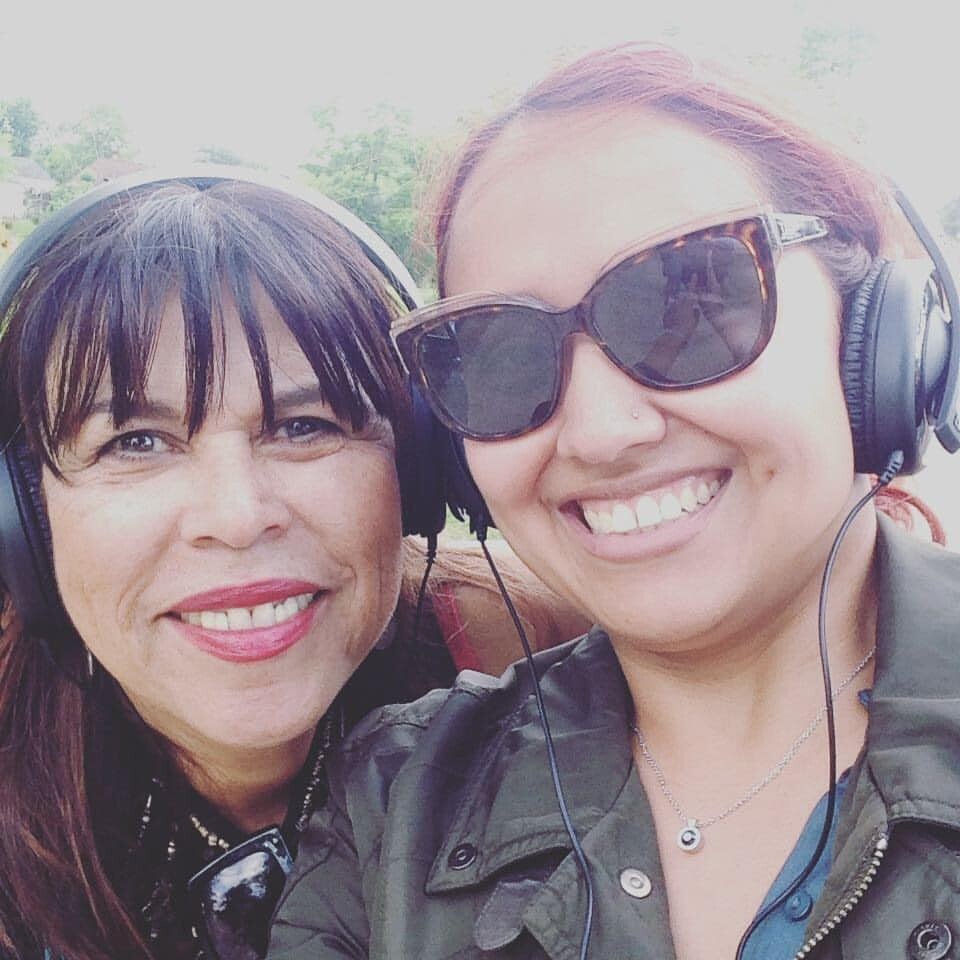
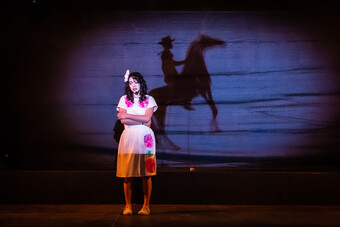


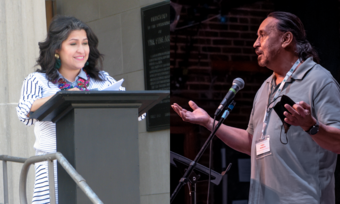


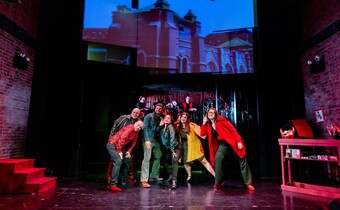


Comments
The article is just the start of the conversation—we want to know what you think about this subject, too! HowlRound is a space for knowledge-sharing, and we welcome spirited, thoughtful, and on-topic dialogue. Find our full comments policy here